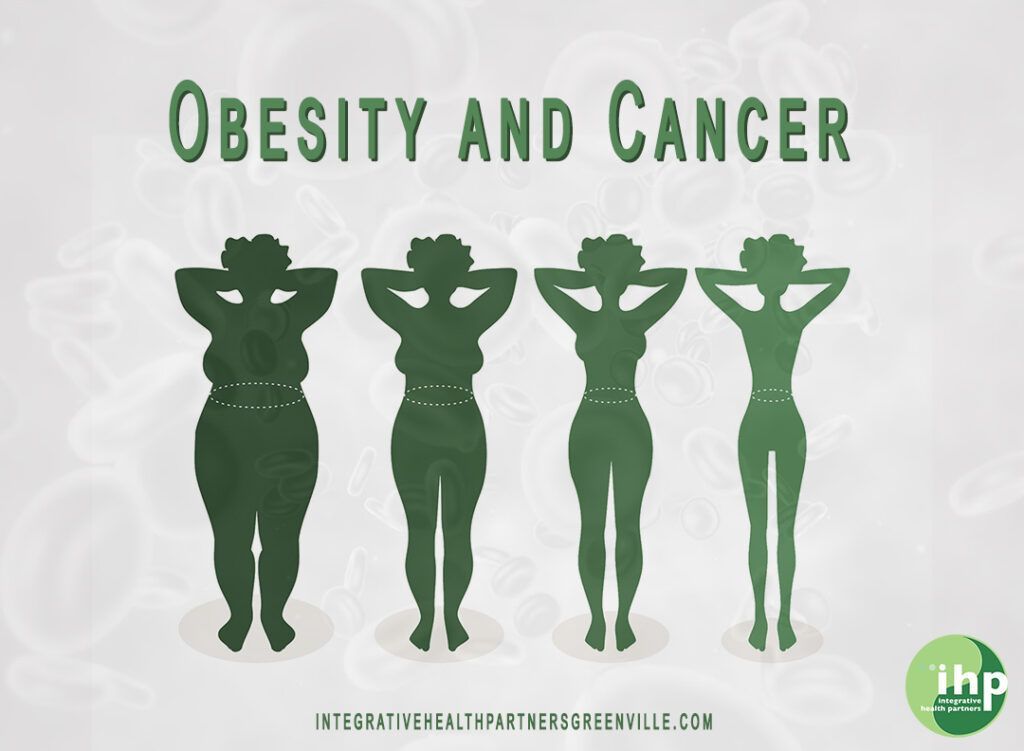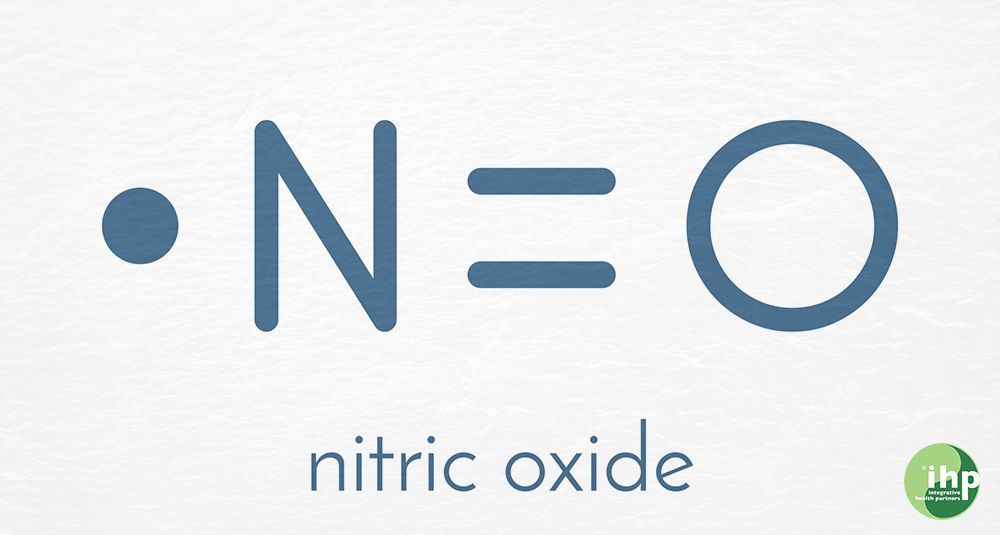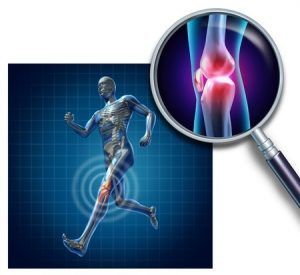Health Habit Success
It’s almost June! Spring has sprung and Summer is on the way! Meanwhile, how’s that New Year’s resolution going? (Or maybe you just don’t bother anymore? )
The difficulty in changing habits and especially health habits (so common to New Year’s resolutions) is much more than simply lacking the will or “true” desire to change your behavior. Research in the field of Psychology consistently demonstrates that changing a habit is difficult to initiate and much more difficult to maintain long-term. Behaviors that have become automatic or those that require many small changes are much more difficult to change. However, that doesn’t mean they are impossible to change and you are certainly worthy of having a healthier lifestyle.
So how do you avoid the “New Year’s resolution train wreck”, which results from exiting promises of change that inevitably revert back to old habits, followed by disappointment and self loathing a couple of months later? (or perhaps you’ve already forgotten about it…)
The first step in success is setting a realistic and attainable behavior change. The S.M.A.R.T. approach to setting a goal is one approach that helps to instill accountability from resolution to behavior change maintenance. The acronym S.M.A.R.T. stands for
“S”pecific
“M”easurable
“A”ttainable
“R”ealistic
“T”ime Bound
- S pecific – In order to successfully change a behavior, you should first identify what behavior you want to change. Think baby steps, if you want to reduce stress you will likely need to start with one small change. The who, what, when, and where are important to think about. Broadly, you want to reduce stress, maybe you even call it relaxing. Try this as an example: “I will engage in deep breathing for 2 minutes before I go to sleep for 5 days out of the week because this will help me to relax.”
- M easurable – Make your goal something that is easy to measure. For example, the above goal can be easily measured each week because our goal is specific. Notice we are not aiming for perfection!
- A ttainable – Avoid making goals that are out of reach. Expect to put effort into changing but you want to avoid feeling overwhelmed. Think about your week and the small changes that you may have to make to provide room in your life for a new or changed behavior.
- R ealistic – Be realistic when setting your goals. In fact, be overly realistic…. If your goal is to learn relaxation and you are a stress ball do not expect to be meditating and deep breathing like a champ by the end of a week. Take one step at a time and recognize that you as an individual have limitations but are certainly capable of making realistic steps towards your goal!
- T imebound – Your behavior change should be achievable within a specific time period. Maybe you can fully implement the change immediately but most are accomplished in steps. Think about this time period when the behavior change feels automatic or when you feel that you will be able to truly “measure” your progress.
This brings us to an important point. How long does it actually take to make a new habit and for your behavior change to feel automatic?
Patience
Dr. Lally, a well-known psychologist in the field of behavior change, has spent much of her research career working on this question. Her research indicates (what you might already know) that building a new behavior into your life or getting rid of an unwanted behavior takes a lot of effort and time. Dr. Lally has found that on average it takes 66 days or a little more than 2 months for a behavior to become automatic. Importantly, her research demonstrated that missing an opportunity to engage in the new behavior did not adversely affect habit formation. In other words, you can mess up from time to time and still be successful. The key is to not be discouraged by your occasional slip. The path to successful resolutions and a new habit is not black and white!
Allowing this seemingly intimidating timeline to encourage you, not discourage you, is a good first goal. There is no need to get down on yourself for not immediately becoming perfect in your goal of healthier eating. All worthwhile achievements require consistent effort over time. It doesn’t matter if the change takes 1 or 200 days. Wake up each day with a renewed focus on your goal and set small manageable micro goals that you can achieve that day. Doing it all yourself can be a lonely pursuit. Find someone to be a booster and encourage you in your goals. Some people find a professional “coach” to be helpful since they are often more consistent than a “well meaning” friend. Watch your thoughts, particularly all those times you tell yourself some version of “I can’t”. Remember, a journey of a thousand miles begins with the first step. So before the busy-ness of Summer overtakes you (and while you have some down time) revisit your goals to become a better you and attain some things that have been “out of reach”. Make today your fist day and make it a S.M.A.R.T one.






